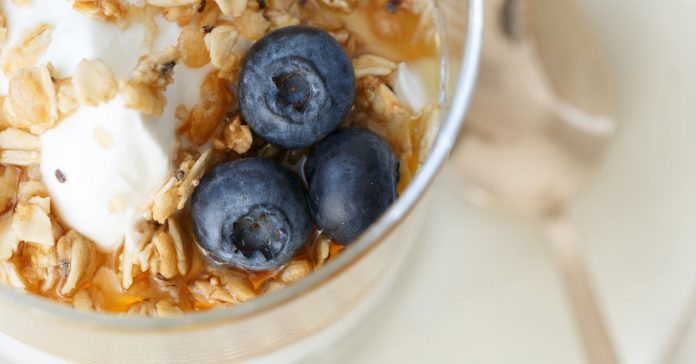A runner’s diet influences how the body is fueled for a workout, as well as what nutrient resources are available to recover after a run. These both impact various aspects of the body, including energy levels, performance, strength, and injury risk, according to Marathon Handbook. With that in mind, understanding the importance of elements in a runner’s diet — i.e. macro and micronutrients — is essential in gaining the benefits involved as a professional athlete.
The importance of proper nutrition
When breaking down the ideal runner’s diet, nutrition plays a major role, particularly when it comes to ensuring there is a healthy balance of key macro and micronutrients. A runner’s diet plan typically consists of a balance of the three macronutrients, according to Medical News Today — aka carbohydrates, proteins, and fats. Carbohydrates, for starters, are important in a runner’s diet as they’re broken down easily by the body during exercise, making them a major fuel source. Carbohydrates can be found in foods like pasta, whole fruit, and brown rice. Protein is also essential, as it’s responsible for building and repairing muscles, bones, and tissues. On the other hand (and equally as important), healthy fats, which can be found in foods like avocados, should also be worked in, as they’re beneficial to maintaining a balanced diet and are important for nerve function.
While each individual’s ideal balance of macronutrients will vary, the Institute of Medicine notes that people should aim to consume a balance of 45-65% carbohydrates, 10-35% protein, and 20-35% fat. While the ideal balance of macronutrients (aka vitamins and minerals) varies based on the individual, Medical News Today further notes that by focusing on eating plenty of veggies and fruits, one will typically consume enough micronutrients along the way. Additionally, it’s worth mentioning that calories play a major role in any runner’s diet as well, and should sustain one’s training program appropriately.
How the Mediterranean diet fits in
Although there are a vast array of popular and trendy diets out there, looking into the Mediterranean diet may prove to be particularly beneficial to runners. While meats, cheeses, and sweets are typically avoided, the Mediterranean diet includes beans, fish, fruits, potatoes, vegetables, and olive oil, to name just a few key foods, meaning you’ll be able to get a good balance of macro and micro nutrients. As for performance-specific benefits, one 2019 study that consisted of a small group of 5K runners highlights a potential benefit. The study involved the participants racing after four days of consuming a Western diet, then repeating the race after four days of a Mediterranean diet. The end result found that even after four days of a Mediterranean diet led to 6% faster 5K times (aka more than a minute off an 8-minute/mile 5K). To get help with creating a personalized plan, Healthline recommends considering working with a sports dietitian, which will aid in ensuring you’re dieting in a way that’s healthy for you and meets your individual needs/goals.
Going on a diet may sound easy enough, though there is a multitude of key aspects to keep in mind in ensuring you’re going about things in a healthy and safe way, especially as a professional runner. With the essential elements of a runner’s diet in mind, consulting with a professional such as a sports dietician can be helpful in ensuring you’re on a plan that’s right for you.


